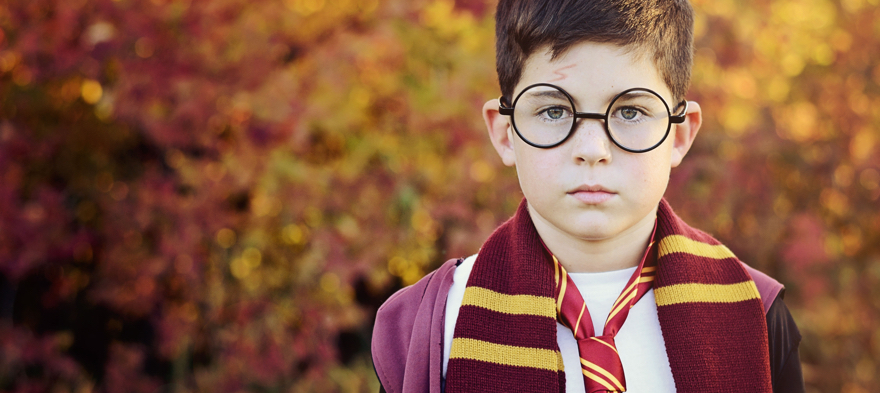
Sep 23, 2019 12:00:00 AM
Once again there is a story about censorship in schools. A Catholic school in Tennessee has decided their students should not read Harry Potter because they may conjure up evil spirits.
When the first Harry Potter book was published in the late 90s, I was in high school. Religious groups were all over the news raising concerns about J.K. Rowling’s book. There were complaints about the book promoting witchcraft and evil. I even heard members of my church condemning the book.
As a parent, you have the right to dictate what your child can read, but the school should not be restricting books before parents even have a say. When books are banned, it brings more attention to the book. [pullquote]Book bans stoke students’ curiosity about a book and make them want to read it even more.[/pullquote]
I remember when I was teaching middle school English and "Thirteen Reasons Why" was released. There were (and still are) concerns about the content of the book—some schools banned it. My students asked me if they should read it.
I read the book with some of my students and parents were notified about the content. It wasn’t a whole class assignment—some students chose the novel as part of their independent reading requirement for my class. The cherry on top of the ice cream sundae was author Jay Asher came to speak about the book.
However, I wonder how many of my students would have read "Thirteen Reasons Why" had people not raised all of these concerns about it. When teachers ask me how to get kids reading, I tell them to talk about books. So if you don’t want students to read a book, banning—or engaging in the debates that surround banning—is the worst action to take.
[pullquote position="right"]If you really have concerns about what students are reading, make a plan to support them[/pullquote], such as reading a controversial book with them and setting aside time to talk about it together. Banning a book and having students get their hands on it—and reading it alone—can cause more problems than if the book were never banned at all.
Students need a choice in what they read. It is one way they will become engaged in the text. Students who do not have a choice about what to read may not become good readers. They may, in fact, choose not to read at all—and you only become a good reader by reading. For this reason, schools should be the last place where reading is restricted.
These Harry Potter concerns are two decades old. I’m just waiting for real evidence of the spirits that have been conjured up from students reading Harry Potter. After all, I thought schools were into data-based decisions.
Shawnta (Shawn-tay) S. Barnes, also known as Educator Barnes, is a married mother of identical twin boys. She navigates education from not only the educator’s perspective but also the parent’s perspective. She has been an educator for nearly two decades. Shawnta works with K-12 schools, universities, & education adjacent organizations through her education consulting business Blazing Brilliance. She is an adjunct college professor, supervises student teachers, Indy Kids Winning Editor-in-Chief, Brave Brothers Books Co-founder, & CEO, and Brazen Education Podcast host. She holds five education licenses: English/language arts 5-12, English to speakers of other languages P-12, library/media P-12, reading P-12, and school administration P-12, and she has held a job in every licensed area. Previously, she has served as a school administrator, English teacher, English learners teacher, literacy coach, and librarian. She won the 2019 Indiana Black Expo Excellence in Education Journalism Award. In 2023, she completed her doctorate in Literacy, Culture, and Language Education with a minor in Learning Sciences. She is an urban gardener in her spare time and writes about her harvest-to-table journey at gardenershicole.com. To learn more about Shawnta, visit educatorbarnes.com.
The story you tell yourself about your own math ability tends to become true. This isn’t some Oprah aphorism about attracting what you want from the universe. Well, I guess it kind of is, but...
If you have a child with disabilities, you’re not alone: According to the latest data, over 7 million American schoolchildren — 14% of all students ages 3-21 — are classified as eligible for special...
The fight for educational equity has never been just about schools. The real North Star for this work is providing opportunities for each child to thrive into adulthood. This means that our advocacy...
Your donations support the voices who challenge decision makers to provide the learning opportunities all children need to thrive.
Ed Post is the flagship website platform of brightbeam, a 501(c3) network of education activists and influencers demanding a better education and a brighter future for every child.
© 2020–2024 brightbeam. All rights reserved.
Leave a Comment